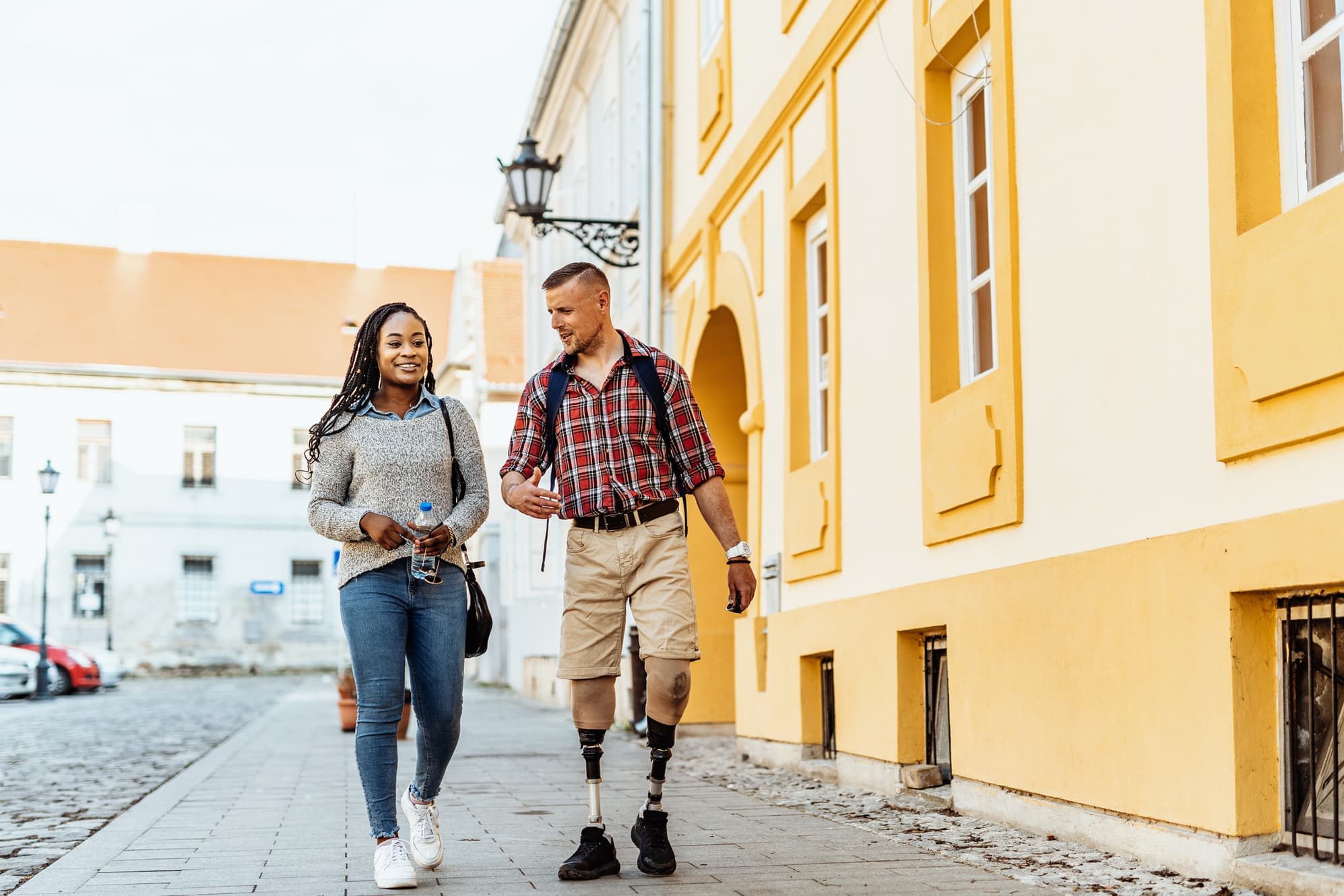Studying abroad is an amazing opportunity for students to experience new cultures, languages, and ways of life. However, for students with disabilities, there may be additional challenges to consider when planning to study abroad. It is important to research and understand the resources available to ensure a successful and fulfilling experience while studying abroad.
One of the first steps for students with disabilities who are considering studying abroad is to research the programs and countries that are most accommodating to their specific needs. Some countries may have better healthcare systems, accessibility options, or support services for individuals with disabilities. It is important to consider these factors when choosing a study abroad program.
Additionally, it is important to communicate with the study abroad office at your home institution to discuss any accommodations or support services that may be necessary while studying abroad. This may include requesting additional resources, such as accessible housing, transportation, or medical support. The study abroad office can also help facilitate communication between the student and the host institution to ensure that all necessary accommodations are in place.
Students with disabilities should also research the laws and regulations regarding disability rights in the country they plan to study in. It is important to understand the rights and protections available to individuals with disabilities, as well as any cultural attitudes or perceptions towards disability. This knowledge can help students navigate any potential challenges or barriers they may encounter while studying abroad.
Another important consideration for students with disabilities is to plan ahead for any medical needs or accommodations. This may include obtaining necessary medications, medical supplies, or assistive devices before leaving for their study abroad program. It is also important to research healthcare options and support services available in the host country to ensure access to necessary resources.
Lastly, students with disabilities should not be afraid to advocate for themselves and communicate their needs to their program coordinators, host institution, and fellow classmates. By being open and proactive about their disabilities, students can help ensure that their study abroad experience is as smooth and successful as possible.
In conclusion, studying abroad with a disability is certainly possible with the right planning and resources. By researching programs, understanding disability rights in the host country, planning for medical needs, and advocating for themselves, students with disabilities can have a fulfilling and enriching study abroad experience. It is important for students to know that there are resources and support services available to help them navigate any challenges they may encounter while studying abroad. With proper preparation and support, students with disabilities can have a transformative and life-changing study abroad experience.
